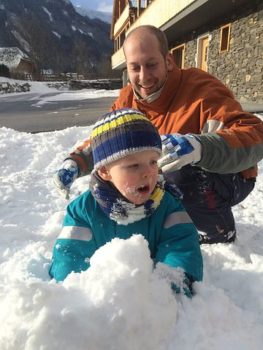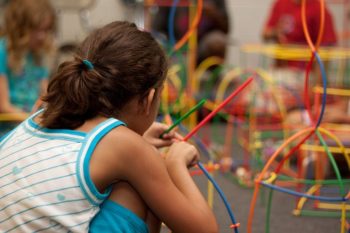 Winter Family Play Activities
Winter Family Play Activities
Happy New Year 2025! Winter is here and our kids spend hours playing on their electronic devices and binge-watching television and movies. Parents are busy getting ready for a new year of juggling family schedules, working, maintaining household chores, and just enjoying life as time allows. Here are ten strategies that families can use to get moving and enjoy various winter activities: [Read more…]

Mary Ann Burke, Ed.D., Digital Education Expert, is a substitute distance learning teacher for Oak Grove School District in San Jose, California and the author of STUDENT-ENGAGED ASSESSMENT: Strategies to Empower All Learners (Rowman & Littlefield: 2020). Dr. Burke creates digital language arts and substitute teaching K – 12 activities for teachers and parents. She is the Cofounder of the Genparenting.com blog. Burke is the former Director II of Categorical & Special Projects for the Santa Clara County Office of Education that supports 31 school districts serving 272,321 students in Santa Clara County. She is also a previous Director – State & Federal Compliance for Oakland Unified School District, the former Director – Grantwriter for the Compton Unified School District, and was the initial VISTA Director for the Community Partnership Coalition in southern California. Much of her work focuses on creating innovative digital trainings and partnership programs for teachers and families to support students’ learning. These programs were featured as a best practice at a National Title I Conference, California’s Title I Conferences, AERA Conferences, an ASCD Conference, the NASSP Conference, and statewide educator conferences.
 10 Cheap Summer Activities for Kids
10 Cheap Summer Activities for Kids
 Grandparenting an Athlete
Grandparenting an Athlete Acts of Kindness Monthly Calendar
Acts of Kindness Monthly Calendar Being a Mom and Homeschool Teacher
Being a Mom and Homeschool Teacher